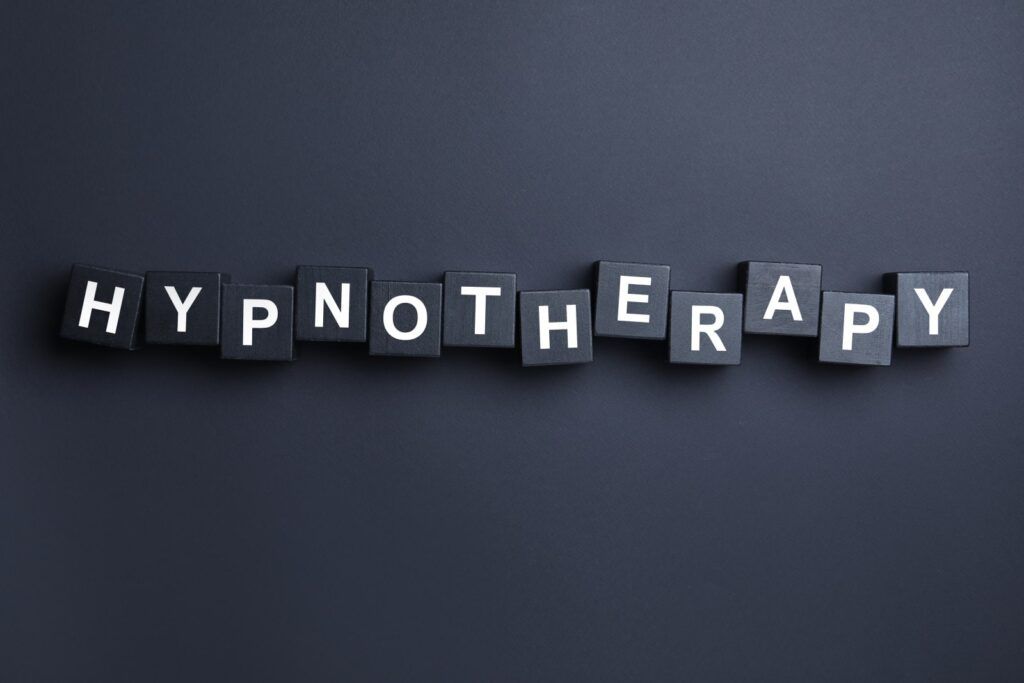Hypnosis is one of those topics you don’t expect to come up with in connection with dentistry. However, the search for methods that can address dental anxiety continues. A common approach to aiding patients with dental anxiety has been sedation dentistry. While this can be effective for many patients, some can’t use sedation dentistry for several reasons. These reasons range from sensitivity to these sedatives to manners of preference. Regardless, hypnosis has been studied as an effective treatment method for treating dental anxiety. The results, and its application in care, have proven that it can work for many patients.
How Hypnosis Benefits Dental Patients
Researchers first discovered the technique now known as hypnosis in the 1800s. At that time, it was known as “mesmerism” after the man who invented it, Mesmer. He discovered that it was possible to put someone between being asleep and awake, known as a hypnagogic state. Those in this state are still responsive to their surroundings and can communicate with those around them. However, they are still in a dreamlike state, making them calm and peaceful.
In addition to relieving dental anxiety, hypnosis has also been shown to aid in relieving pain. While the underlying mechanisms for this action aren’t clearly understood, there are some theories. Among these theories are that the anxiety that dental anxiety patients feel during treatment amplifies the patient’s experience of pain. The ability of hypnosis to relieve anxiety makes it practical to tame this experience.
However, some patients aren’t capable of benefiting from treatment with hypnosis. There is still a safe approach to soothing dental anxiety for these patients. The most frequently used approach is nitrous oxide. Nitrous oxide can provide a similar state of relaxation and help ease the patient into a hypnotic state.
Hypnosis is used for treating other concerns as well. Those with a sensitive gag reflex that interferes with dental care can also benefit from it. When in a hypnagogic state, these patients don’t respond the same way to oral stimuli. This makes it possible to provide the necessary dental care without triggering concerns related to the gag reflex.
Who Can Benefit From Hypnosis During Dental Care?
Hypnosis is not an appropriate approach for everyone. Some individuals simply are unable to benefit from the effects of hypnosis. Those who respond to hypnosis best are those with active imaginations. Research has shown that these individuals are more responsive to hypnosis and enter the hypnagogic state easier than others. You can approach your dentist to determine if they provide hypnosis to aid treatment for those with dental anxiety. More clinics are offering this approach yearly due to its success with dental anxiety patients. They can discuss other sedation approaches that may ease dental anxiety and make treatment possible if it isn’t available.


